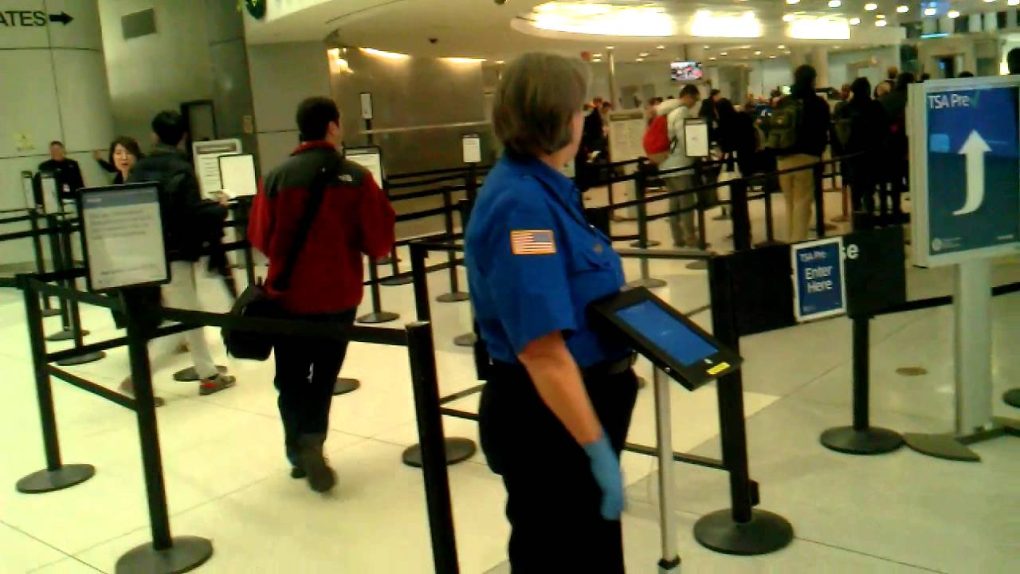180 airlines flying over 300,000 people a day into the US will have to comply with new “enhanced security measures” for electronic devices, the Department for Homeland Security announced on Wednesday.
The new security measures, which have not been described in detail, will need to be implemented at speed by the airlines. Passengers flying on any airline that does not implement the new security measures will not be able to bring anything bigger than a cellphone under the new regulations.
The new measures seem to be the ultimate evolution of a laptop ban that the US announced back in March, which affected passengers on most airlines flying from the Middle East. The new security measures will affect carry-on and checked luggage, the DHS confirmed, but should now allow those airlines affected by the laptop ban to allow passengers to carry laptops on once again, provided the new security measures are implemented.
Those security measures have not been specified, but the DHS says that it will be a mixture of visible and behind-the-scenes changes. Among the changes is likely to be deeper scrutiny of individual passengers, as well as more detailed searches of electronic devices.
The DHS said that passengers “may want to prepare for a bit more extensive screening process,” although an official added that “intensive doesn’t always mean slower.”
Logical additional screening methods could include routine swabs of electronic devices to look for explosive residue — something that’s already done on a case-by-case basis — as well as requiring passengers in some cases to power up laptops and demonstrate that they’re working.
According to reporting from multiple news outlets, Israeli intelligence idenitified an ISIS plot to use a laptop bomb to attack an airliner several months ago. That intelligence was behind the laptop ban in March. The source of that intelligence is also reported to have been leaked to Russia by President Trump during a White House meeting.










